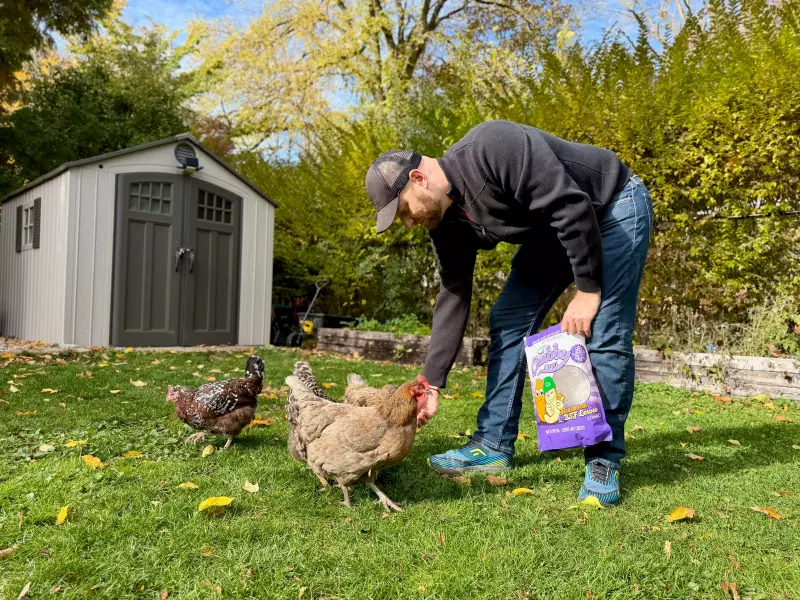
A grassroots movement is taking flight in Cambridge, Ontario, where residents are rallying for the right to keep backyard chickens within city limits. What began as a simple online petition has evolved into a full-fledged urban agriculture debate that could reshape local food policies.
The petition, which has been steadily gathering signatures, argues that allowing residents to keep a limited number of hens would promote food security, sustainable living, and educational opportunities for families. Supporters point to neighboring municipalities like Kitchener and Waterloo, where backyard chickens are already permitted with reasonable regulations.
The Urban Agriculture Revolution Comes to Cambridge
Across Canada, cities are increasingly embracing urban agriculture as residents seek more control over their food sources and sustainable lifestyle choices. Cambridge appears to be at a crossroads, with proponents arguing the city's current bylaws are outdated in an era of growing environmental awareness.
"This isn't just about fresh eggs," explained one petition supporter. "It's about reconnecting with our food sources, reducing our environmental footprint, and teaching our children valuable lessons about responsibility and sustainability."
What the Proposed Change Would Mean
If successful, the petition could lead to:
- Limited number of hens per property (no roosters)
- Proper coop requirements and setback rules
- Registration and inspection protocols
- Educational resources for prospective chicken owners
Opponents typically raise concerns about noise, odor, and potential property value impacts, though supporters counter that well-maintained coops in communities that already allow chickens have proven these fears largely unfounded.
The Road Ahead for Cambridge Chicken Advocates
The petition organizers are preparing to present their case to Cambridge City Council in the coming weeks. They're gathering data from other Ontario municipalities where backyard chickens have been successfully integrated into urban neighborhoods.
As the movement gains traction, all eyes are on Cambridge council members to see if they'll embrace this growing trend in urban sustainability or maintain the status quo. The decision could signal broader changes in how Canadian cities approach local food production and urban agriculture policies.





